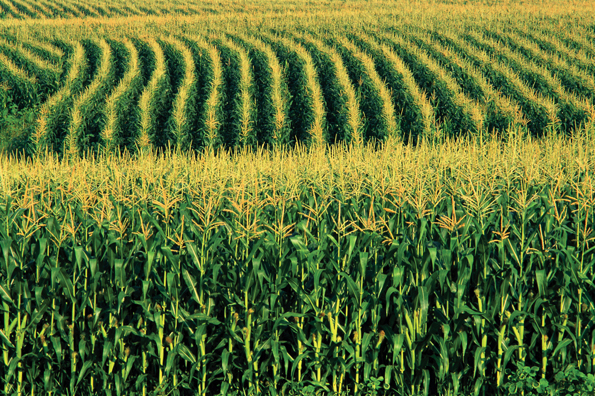By Johnathan Hladik, johnathanh@cfra.org, Center for Rural Affairs
Job creation is a frequently discussed topic among elected officials and political pundits. In light of our recent economic woes, this trend will likely continue.
The rural economic impact of improving transmission infrastructure can be substantial. While many tout the construction and manufacturing positions created, they often overlook the more traditional opportunities. It’s important to be open to all the economic impacts renewable energy can have on our communities.
Often, jobs created by a particular industry or government program aren’t obvious. For example, expanding our electric grid will create three distinct economic impacts:
– Direct effects include permanent jobs, wages from these jobs and revenue generated from the actual project. These will bring opportunity to those willing to participate in construction and assembly of wind turbines and transmission infrastructure required to make the project a reality.
– Indirect effects include jobs, wages and output created by businesses which provide the materials necessary for each project. Those supplying goods and services needed in the development process will enjoy increased business activity. Truck drivers may apply for trucking jobs to help support the supply chain.
– Induced effects, the economic activity generated by the re-spending of wages by those employed in the industry, have the potential to keep the local grocery store open or the cafe in business.
Transmission infrastructure will be built throughout rural America. The jobs created as a result – see http://files.cfra.org/pdf/
###
Established in 1973, the Center for Rural Affairs is a private, non-profit organization working to strengthen small businesses, family farms and ranches, and rural communities through action oriented programs addressing social, economic, and environmental issues.

































